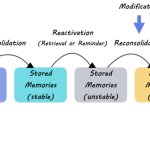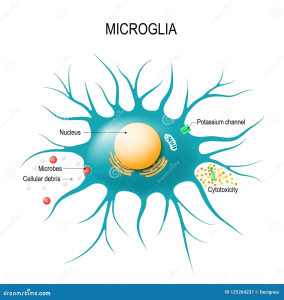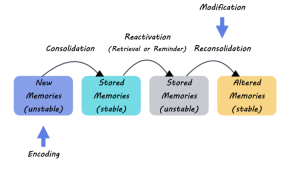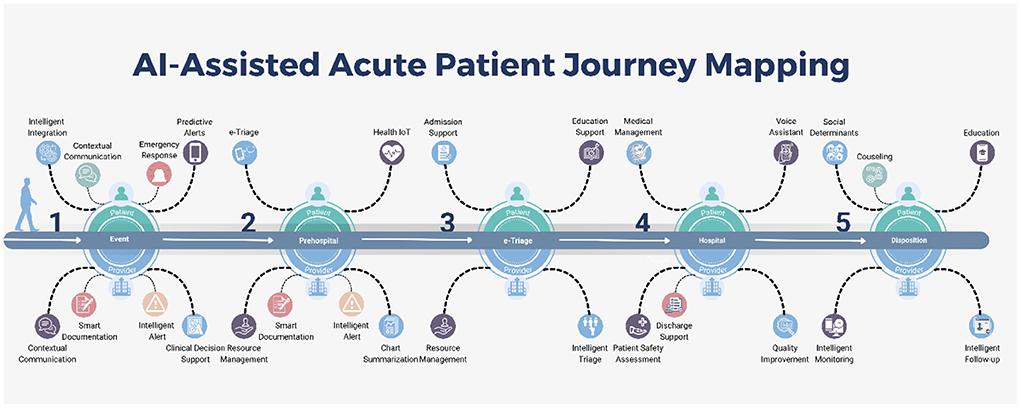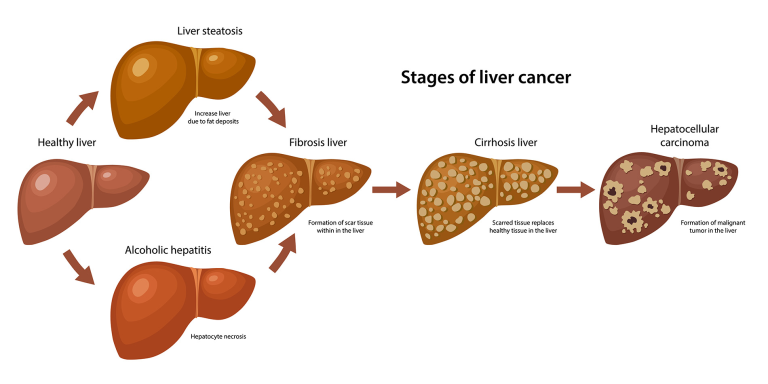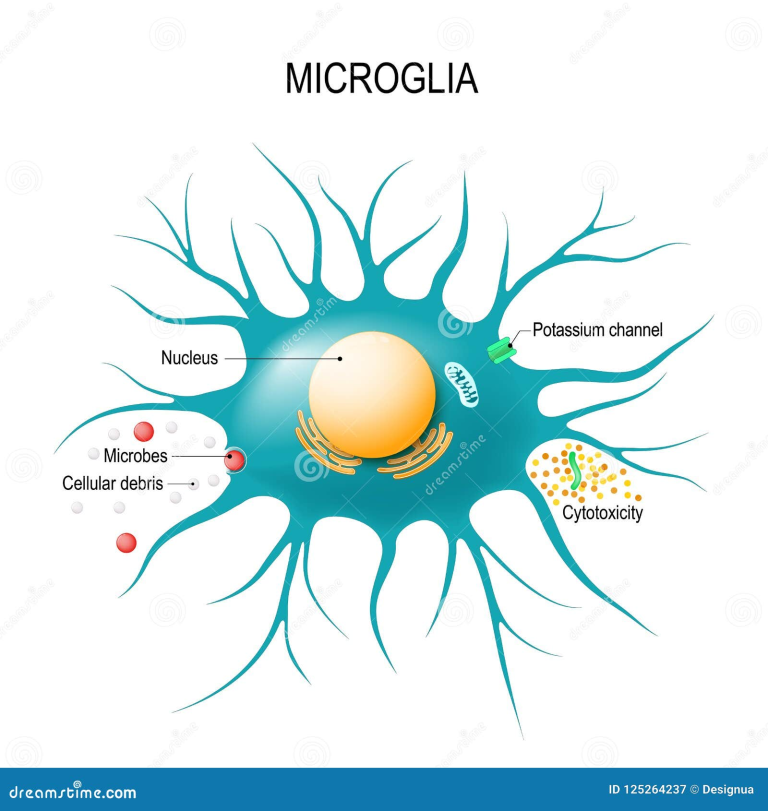AI in end-of-life care is transforming how healthcare professionals approach some of the most critical decisions in a patient’s journey. As artificial intelligence reshapes various facets of healthcare, its integration into decision-making processes during end-of-life scenarios presents both opportunities and ethical dilemmas. AI technologies have the potential to enhance patient care by providing insights that can guide families and healthcare providers in making sensitive choices that honor the wishes of terminally ill patients. However, as we incorporate AI into end-of-life decision making, we must also engage with fundamental bioethical questions about autonomy, dignity, and the essence of human compassion in patient care technology. This intersection of AI in medicine and human values invites us to reflect on what it truly means to care for patients at the end of their lives.
When discussing innovative approaches in terminal care, the conversation often shifts to the role of smart technologies in supporting patients and families as they navigate difficult choices. Advanced computing systems, particularly in healthcare, not only analyze vast amounts of medical data but also aid in understanding patient preferences and prognoses at critical junctures. These patient care technologies can prompt meaningful discussions around quality of life and patient autonomy, particularly in scenarios where individuals cannot express their wishes. As we consider the implications of such systems, it becomes essential to balance technological advancements with ethical responsibilities, ensuring that human dignity remains at the forefront of the healthcare discourse. Thus, the emerging landscape of healthcare infused with intelligent systems significantly impacts how we think about palliative and end-of-life options.
The Role of AI in End-of-Life Care Decision-Making
Artificial intelligence is increasingly becoming a critical resource in end-of-life care, providing insights that can shape difficult decisions for patients and healthcare providers alike. AI algorithms have the capability to analyze vast amounts of data, including patient health histories, treatment outcomes, and even patient-reported preferences, all of which can help inform end-of-life decisions. This potent technology can assist healthcare professionals in predicting potential outcomes based on current medical conditions, thus allowing them to provide tailored advice to patients and their families during difficult times. However, the ethical implications of AI in such profoundly personal choices must be considered, emphasizing that while AI can provide information, it should not replace the nuanced human considerations inherent in these discussions.
Moreover, AI can support healthcare teams by streamlining the process of documenting patient preferences, especially for those who are unable to express their wishes directly due to incapacitating illnesses. The integration of AI tools in these scenarios can facilitate more informed and compassionate interactions between healthcare providers and patients, ensuring that decisions respect the individual’s values and desires. Nonetheless, there is a pressing need to navigate the bioethical landscape carefully, recognizing that technology should augment but not replace the essential human touch in end-of-life care.
Challenges of AI in Patient Care Technology
While AI holds great promise in enhancing patient care technology, it also presents significant challenges that must be addressed. One major concern is the potential for biased algorithms that could lead to unequal treatment outcomes. In healthcare, where ethical considerations are paramount, ensuring that AI systems are developed and implemented with fairness and equity is critical. This involves rigorous testing and validation of AI algorithms to prevent inadvertent discrimination against marginalized populations. The risk further compounds when considering the scope of patient data used to train these AI models, as inadequate datasets can inadvertently result in skewed AI performance.
Additionally, the application of AI in clinical settings raises questions about accountability. If an AI system misguides a treatment decision or fails to account for a patient’s unique context, identifying where the responsibility lies becomes complex. Do healthcare providers take full ownership of AI-generated recommendations, or do the technology developers bear part of the blame? Establishing clear accountability frameworks is essential in ensuring that AI enhances the quality of care without diminishing the essential human connections that underpin effective healthcare.
Bioethics and AI: Navigating Complex Decisions
The intersection of bioethics and artificial intelligence presents a compelling context for navigating complex medical decisions, especially at the end of life. Bioethics is rooted in principles that honor patient autonomy, beneficence, and justice, which must be preserved even in the era of advanced technology. As AI tools become more prevalent in healthcare decision-making, discussions around what constitutes ethical usage must be prioritized. Healthcare professionals must grapple with how to respect patient choices while relying on insights generated by algorithms that may lack human empathy and understanding.
Furthermore, ethical frameworks must address the limitations of AI technology. For instance, while AI might offer statistical probabilities regarding treatment outcomes, it cannot comprehend the deeply personal significance of those choices for individual patients. This disconnect between data-driven insights and the human experience makes ethical considerations paramount. Striking a balance between utilizing AI for informed decision-making and preserving the personal touch in healthcare delivery is essential to uphold the values that define patient-centered care.
Understanding the Patient Perspective in AI-Assisted Care
To successfully integrate AI into end-of-life care, understanding the patient perspective is essential. Patients often express fears of loss of autonomy or concerns over being treated as mere data points rather than individuals with unique life experiences and preferences. As AI systems are developed to predict outcomes and guide treatment options, attention must be focused on how these systems interact with patients’ values and wishes. Engaging patients in discussions about their care options and how AI can support their needs is vital for fostering trust and ensuring a collaborative healthcare environment.
Moreover, recognizing the evolving nature of patient preferences can influence how AI is utilized in decision-making. Patients may change their minds about treatment choices as their conditions progress, reflecting emotions and psychological states that AI may not adequately capture. By fostering open dialogues between patients and healthcare providers, AI can be positioned as a supportive tool that complements human interaction, rather than as an inflexible determinant of patient outcomes.
The Future of AI in Medicine: Opportunities and Ethical Implications
The future of AI in medicine is rife with opportunities, particularly regarding chronic disease management and enhanced patient care technologies. By integrating AI into diagnostics, treatment planning, and continuous monitoring, healthcare providers can leverage improved efficiencies and accuracy, thereby promoting better health outcomes. However, as with any technological advancement, this potential comes with ethical implications. The responsibility of medicine to prioritize humanistic values in patient care remains a priority, even as AI enters the picture.
Additionally, as AI technologies evolve, continuous evaluations of their impact on clinical practice must be conducted. Considerations such as data privacy, the psychological impact of AI decisions on patients, and the evolving role of human clinicians in decision-making will shape the future of healthcare. Striking the right balance between leveraging the power of AI and maintaining the human essence of medicine is essential; advancements should serve to enhance the richness of human interactions and improve the patient’s journey through complex health challenges.
AI’s Role in Enhancing Decision-Making During Critical Health Moments
In critical health moments, AI could potentially serve as a catalyst for more informed and faster decision-making processes. For example, during acute health events or at the end of life, AI can help healthcare professionals access relevant historical patient data, treatment options, and clinical guidelines swiftly. This capability can enable providers to assess situations more holistically and propose optimal care plans that align with patients’ preferences and the available medical knowledge.
However, despite the advantages, the reliance on AI in high-stakes contexts must retain a level of human oversight. Critical decisions involving life or death, especially those pertaining to the end of life, warrant deep emotional intelligence and ethical discernment—qualities that AI systems lack. Therefore, ongoing training and education about the limitations and capabilities of AI, along with clear ethical guidelines for its use, are indispensable as the healthcare landscape evolves.
Engaging Stakeholders: The Role of Bioethics in AI’s Integration
Engaging various stakeholders, including healthcare providers, ethicists, patients, and policymakers, is crucial for the responsible integration of AI into healthcare. Bioethics plays a vital role in framing the discussions surrounding AI, serving as a guiding principle in defining acceptable applications and limitations. Fostering dialogue on ethical concerns, such as data privacy, informed consent, and equity ensures a multi-dimensional perspective that addresses the complexities of AI implementation.
Moreover, incorporating patient voice in AI discussions can lead to more user-centered technologies that prioritize their needs and preferences. Stakeholder engagement can help design AI systems that respect patient autonomy and improve the care experience while addressing fears of dehumanization. Ultimately, promoting inclusivity in these conversations will help in shaping a future where technology and human compassionate care coexist harmoniously.
Moral Leadership in AI: Shaping the Future of Healthcare
Navigating the moral landscape posed by AI in healthcare calls for strong leadership committed to upholding ethical principles. Healthcare leaders must advocate for responsible AI development and deployment that aligns with the values of equity, justice, and patient-centered care. This includes establishing standards for transparency in AI algorithms, ensuring that health technologies are designed to aid rather than replace the critical human touch in medicine.
Additionally, moral leadership must address disparities in access to AI-enhanced care. As technology proliferates, healthcare systems must ensure that advancements also reach underserved communities, mitigating the risk of widening health equity gaps. Upholding a commitment to moral leadership will shape the trajectory of AI in healthcare, focusing not only on technical innovation but also on the broader impacts on populations and individual patient experiences.
The Impact of AI on Global Health Equity
AI has the potential to transform global health by improving service delivery in under-resourced areas. By harnessing advanced data analytics and predictive algorithms, AI can help identify health trends, allocate resources more effectively, and tailor interventions that meet the unique needs of diverse populations. This could be especially meaningful in regions with limited access to healthcare providers, where AI might fill significant gaps in care and cultivate health equity.
Nevertheless, the rollout of AI technologies must be accompanied by ethical considerations that safeguard against potential abuses or inequities. Health systems must critically evaluate how AI deployment influences health outcomes across different demographics and ensure that marginalized communities are included in discussions about technological advancements. Ultimately, the convergence of AI and global health policies must account for ethical obligations to uphold human dignity and equity, making sure that improvements are inclusive and beneficial to all populations.
Frequently Asked Questions
What role does AI play in end-of-life care decision-making?
AI in end-of-life care can assist healthcare providers by analyzing vast amounts of data to provide insights on treatment options, prognosis, and patient preferences. Large-language models can offer valuable perspectives to enhance patient care technology and support decision-making processes while respecting the patient’s humanity and values.
How can artificial intelligence improve patient care technology at the end of life?
AI can enhance patient care technology in end-of-life scenarios by delivering personalized recommendations based on individual patient data. It can also facilitate better communication among healthcare teams and patients, optimize pain management strategies, and improve overall care coordination, ensuring that decisions align with the patient’s wishes.
What ethical concerns arise with the use of AI in end-of-life care?
Utilizing AI in end-of-life care raises several bioethical questions, such as the potential for bias in decision-making, the importance of human oversight, and the need for clear communication regarding patients’ values. These considerations highlight the necessity of maintaining humanity in high-stakes decisions while using AI to support the clinical team.
Can AI replace human judgment in end-of-life care decisions?
While AI can provide valuable data-driven insights in end-of-life decision-making, it should not replace human judgment. The emotional and ethical dimensions of these choices require the nuanced understanding and compassion of healthcare providers, ensuring that decisions align with the patient’s values and context.
Are there limitations to AI’s effectiveness in end-of-life care?
Yes, AI has limitations in end-of-life care, especially in understanding deeply personal values and emotions surrounding dying. AI can provide recommendations based on statistical data, but it lacks the ability to fully grasp individual experiences and desires that are critical for making compassionate end-of-life decisions.
How can the healthcare system balance the use of AI and human involvement in end-of-life care?
A balanced approach involves using AI to enhance decision-making while ensuring that healthcare professionals remain integral to the process. This includes making sure that AI insights are interpreted through a human lens, focusing on empathetic patient interactions, and respecting the complexities of end-of-life decisions.
What is the future of AI in end-of-life decision-making?
The future of AI in end-of-life decision-making involves developing more sophisticated tools that integrate patient preferences and clinical data. Continued dialogue on ethical considerations, equity in access to technology, and maintaining human connection in care will be essential as AI’s role evolves in healthcare.
How does AI address the challenges of communication in end-of-life care?
AI can facilitate communication in end-of-life care by providing tools that help distill complex information into understandable insights, allowing patients, families, and care teams to engage in meaningful discussions about treatment options and preferences. This can lead to more informed decisions and better alignment with patient wishes.
What responsibilities do patients and healthcare providers have regarding AI in end-of-life care?
Patients have the responsibility to communicate their values and preferences clearly, while healthcare providers must ensure they use AI ethically and transparently. Providers should engage patients in discussions around AI recommendations and respect their autonomy in decision-making during end-of-life care.
What are the key factors influencing the adoption of AI in end-of-life care?
Key factors include the technological readiness of healthcare systems, ethical considerations around patient autonomy, training for healthcare professionals on how to integrate AI tools meaningfully, and ensuring equitable access to these technologies for all patient populations.
| Key Areas | Details |
|---|---|
| AI Role in Decision Making | AI is being introduced to assist in analyzing patient care and making informed decisions in end-of-life scenarios. |
| Human Dignity and Considerations | End-of-life decisions should prioritize patient autonomy while recognizing the potential for changing patient perspectives. |
| Capacity and Prognosis Assessments | AI can improve prognostic understanding, aiding caregivers in making better-informed choices when patients cannot express their wishes. |
| Limitations of AI | While AI can offer recommendations, it must be used cautiously because it cannot replace human empathy and ethical considerations in decision-making. |
| Human Element in Care | Despite advancements in AI, human involvement is essential in high-stakes decisions to preserve the emotional and ethical dimensions of care. |
| Education and Equity in AI | It’s vital to ensure AI technologies align with healing values while providing equitable access to care across diverse settings. |
Summary
AI in end-of-life care is rapidly evolving, presenting unique challenges and opportunities. While AI has the potential to enhance decision-making processes by providing insights into prognosis and patient preferences, it remains crucial that human dignity and empathy guide these decisions. The conversations led by experts highlight the importance of combining advanced technology with the irreplaceable human elements of care, ensuring that patient autonomy is respected even under challenging circumstances. As we move toward more integrated AI solutions in healthcare, fostering a balance between innovation and humane treatment remains paramount.



